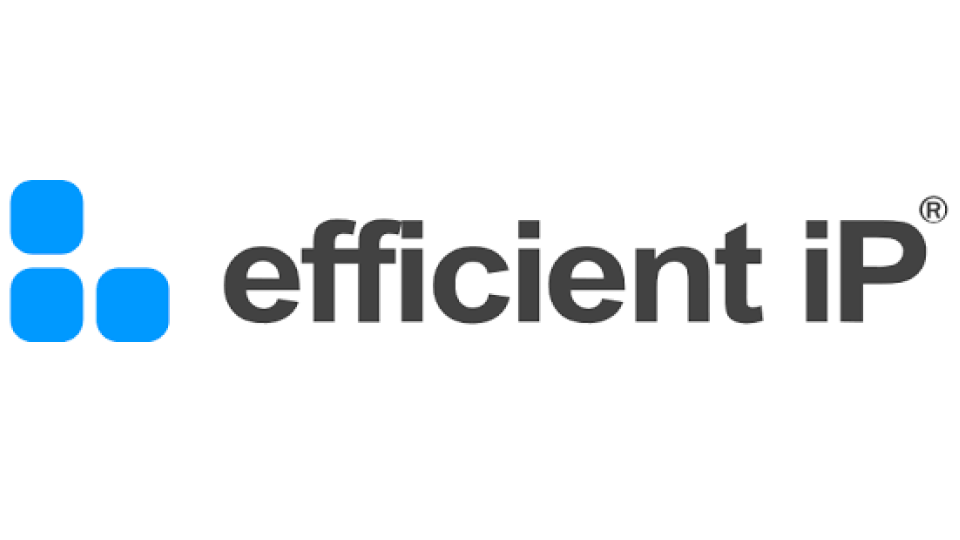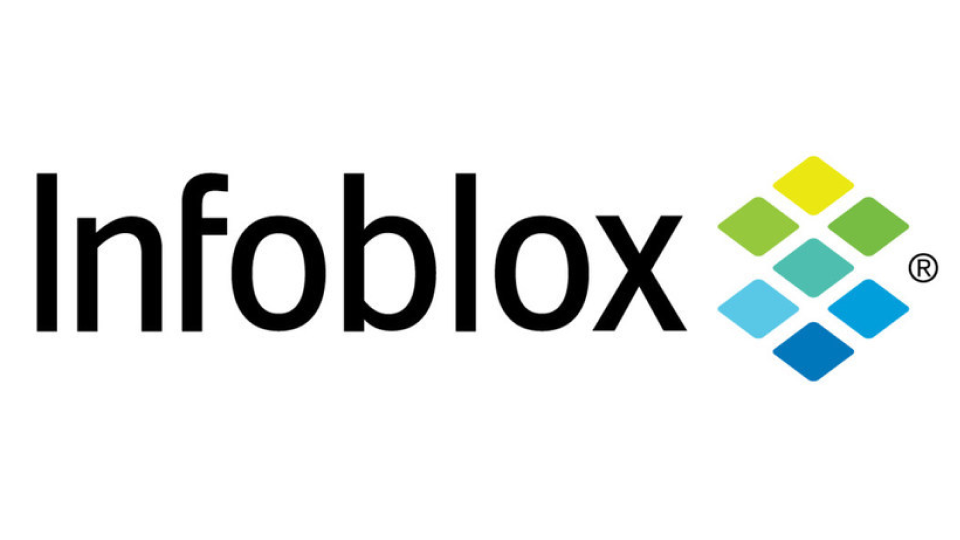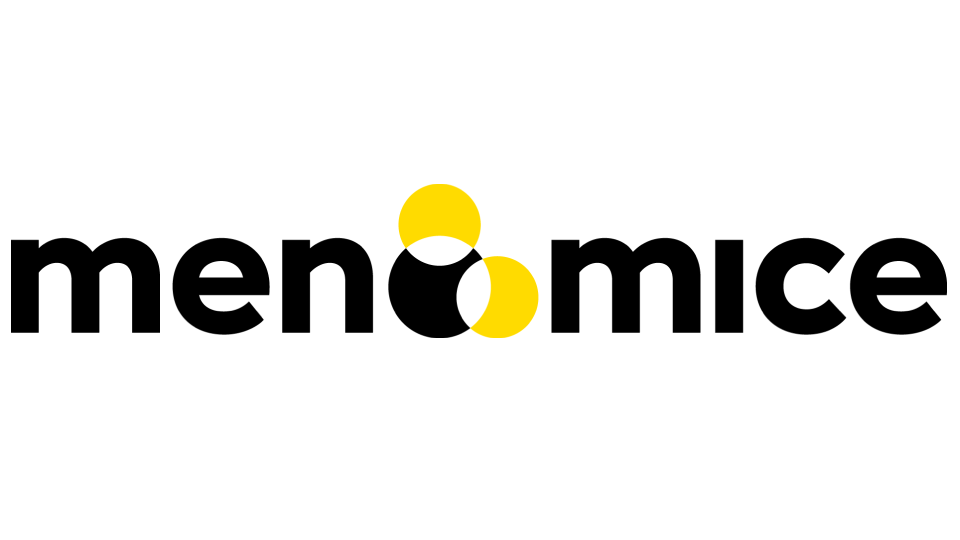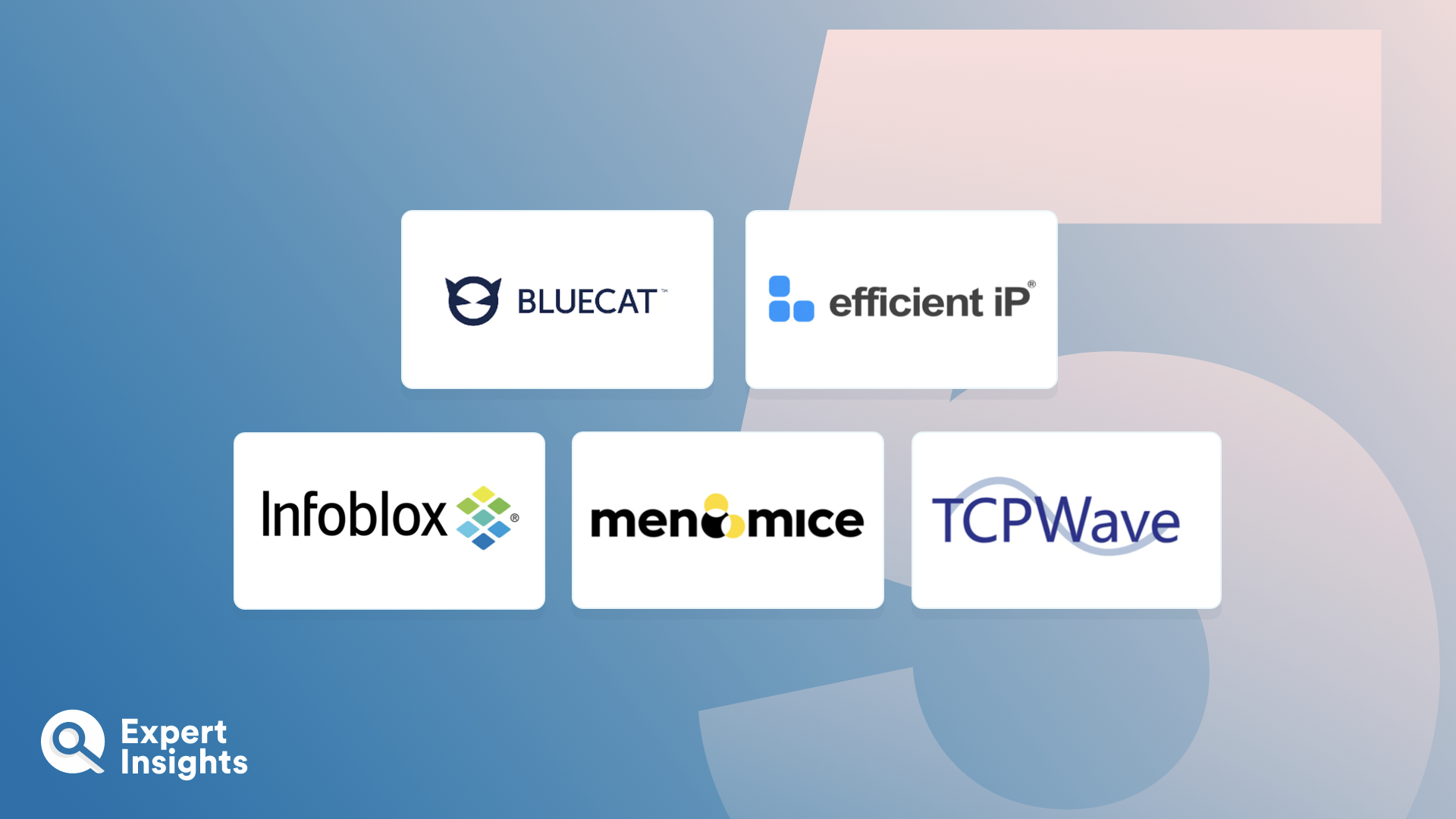Everything You Need to Know About Top DDI Management Platforms (FAQs)
What Is A DDI Management Platform?
DDI management platforms are software solutions that are designed to support centralized management of DNS (Domain Name Systems), DHCP (Dynamic Host Configuration Protocol), and IP address resources within an organization’s network infrastructure. This includes automation of key processes, as well as monitoring the configuration, provisioning, and administration of these elements.
DDI management platforms provide a unified interface that makes it easier to effectively manage DNS zones, DHCP scopes, and IP address assignments across distributed network environments. This includes any cloud, on premises, and hybrid environments.
A DDI management platform significantly simplifies the life of network administrators as they no longer have challenges in managing or troubleshooting individual systems from different interfaces or consoles. DDI management platforms are helpful for supporting DNS, DHCP, and IP address resources optimization. They also help to improve overall reliability and streamline network administration processes.
How Do DDI Management Platforms Work?
DDI Management Platforms provide an integrated solution for managing DNS, DHCP, and IPAM (IP Address Management) – hence the abbreviation DDI. These platforms work by consolidating DNS, DHCP, and IP address management tasks (which are usually scattered across multiple systems and interfaces) into a single platform. This enables administrators to manage and control all aspects from a single point. When a device tries to connect to the network, the DDI platform ensures that IP addresses and DNS and DHCP services are accurately and securely assigned to the right device.
The goal of these platforms is to automate the network changes, improve uptime, and reduce manual tasks. When a new device is connected to the network, the DDI management platform automates the allocation of an IP address (via DHCP), updates the DNS name records for that IP address, and tracks the IP address (IPAM) for overall accountability.
What Are The Benefits Of Using A DDI Management Platform?
DDI management platforms can improve security in several ways, including blocking malware from using DNS to communicate with attackers or accessing malicious websites. DDI can also prevent IP address conflicts and unauthorized access to network resources.
Some more benefits organizations can expect after implementing DDI technology include the following:
- They can significantly improve their network performance and reliability through guaranteeing optimal configuration and allocation of IP addresses
- They can minimize the operational costs and reduce overall complexity via automation and simplification of DDI management
- They can detect and prevent DNS-based attacks for a strengthened network security posture
Overall, DDI management platforms help to enhance security, provide improved visibility and control over IP addresses and DNS/DHCP servers, and allow for more efficient troubleshooting and management.
What Features Should You Look For When Choosing DDI Management Platforms?
In choosing a DDI Management Platform, consider the following functionalities:
- Network Automation – Network automation works by automating tasks like DNS record creation, DHCP lease provisioning, and IP address assignments. This automation uses predefined templates, policies, and rules to support better network efficiency and streamline provisioning, updates, and decommissioning processes. This results in greater accuracy, consistence, and compliance across the network infrastructure.
- Ease of Integration – Compatibility with your existing infrastructure and third-party applications is key. Any DDI management platform should enable seamless communication and interoperability with other network management tools, systems, and services.
- Scalability – A good DDI management platform should be able to manage multiple IP addresses as your network expands. Scalability means the platform can evolve to accommodate the growing needs and demands of the network infrastructure. This helps to accommodate growth and business changes whilst maintaining optimal performance and reliability.
- Centralized Management – Centralized management is vital for giving administrators a comprehensive view of the network infrastructure, thereby simplifying network administration, streamlining troubleshooting and maintenance tasks, accelerating decision making, and reducing management overhead.
- Security Measures – DNS security, DHCP snooping, and IP Source Guard to help protect your network from threats. Security measures are essential for protecting the integrity, confidentiality, and availability of DNS, CHCP, and IP address resources within the network infrastructure.
- Robust Reporting and Auditing – Robust reporting and auditing provide visibility into network operations, offering real-time visibility and alerts for unusual activities, while helping to maintain records for regulatory compliance. This is essential for maintaining the integrity and security of network infrastructure.
- High Availability – Your platform should provide fail-safe mechanisms and redundancy features to ensure that services remain accessible even during hardware failure or maintenance. High availability is useful for ensuring that access to critical network services remains uninterrupted and that downtime is kept to a minimum.











